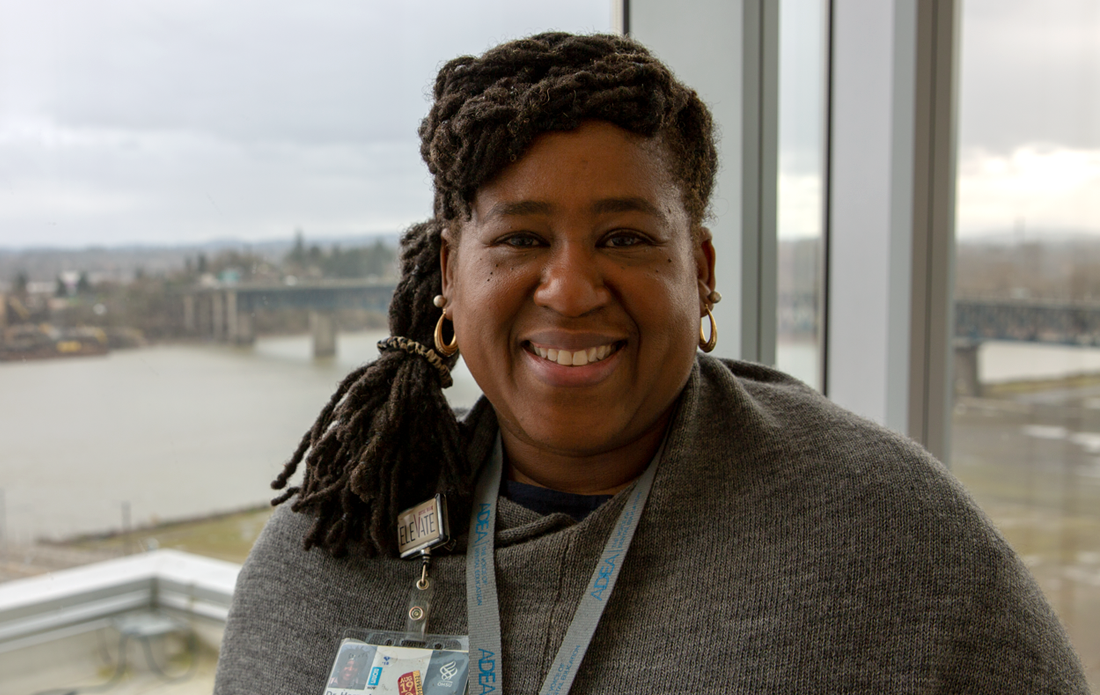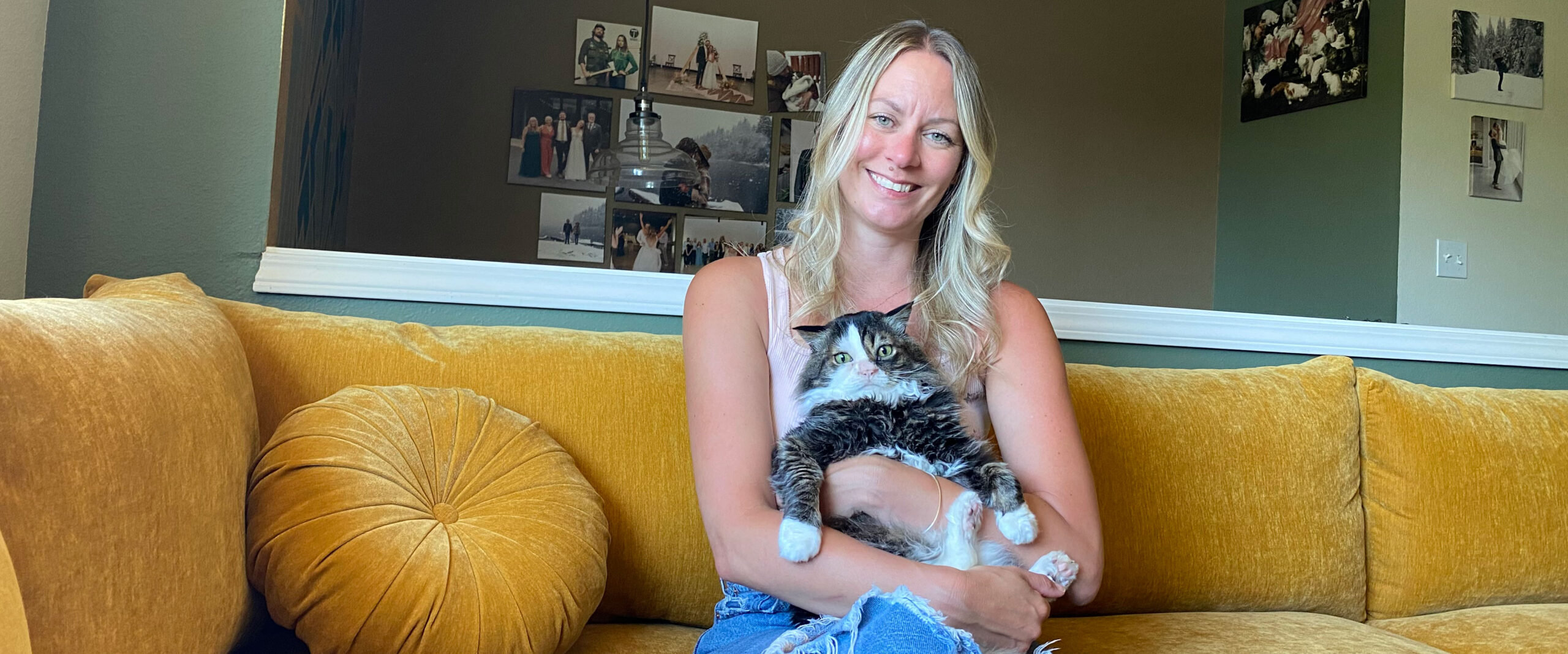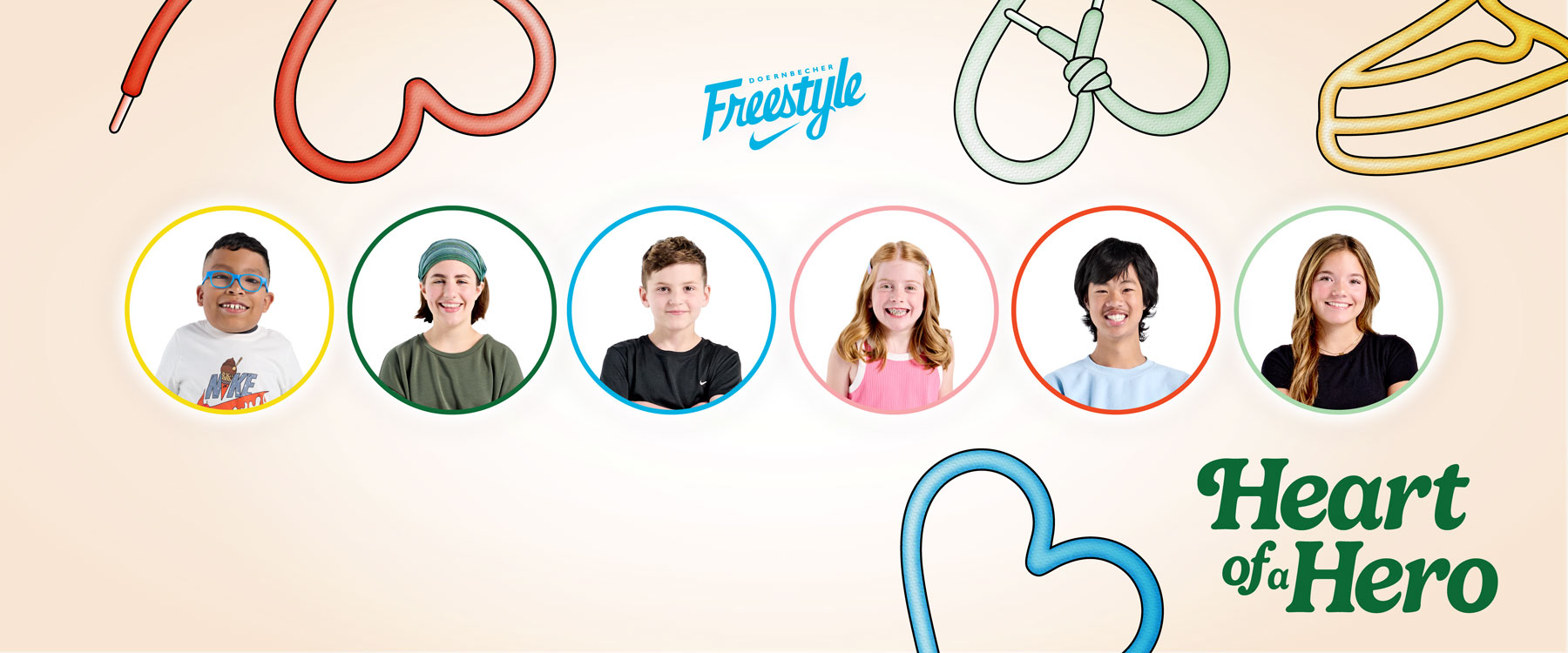When you think of going to the dentist, you likely don’t think of social work. But the OHSU School of Dentistry is changing all that with an innovative, interprofessional curriculum that focuses on the holistic health of patients.
The new program, spearheaded by Rosemarie Hemmings, PhD, LCSW, is based on a collaborative partnership between dental students and social work interns. Together, students address the psychological and social needs of patients beyond their oral health. The program increases a patient’s access to resources, and revolutionizes the way future dentists interact with their patients.
We caught up with Dr. Hemmings about how this program is impacting students and patients.
Why is it important for health care professionals, specifically dentists, to focus on the psychological and social aspects related to the oral health of their patients?
Research shows that psychosocial factors have the highest percentage of influence on health. It’s one body. Your oral health is health. If you, as a provider, aren’t familiar with the psychosocial factors that might impact your patients, it’s difficult for you to treat the patient holistically. You have to acknowledge what someone is dealing with on a day-to-day basis in their life.
When a patient shows up and their mouth looks neglected, it’s important to take the time to find out what happened. We have had patients who know they need to go to the dentist, but they feel embarrassed or ashamed. Some patients don’t have insurance and can’t afford dental care. Some patients live in a food desert where it’s easier to buy sugary foods. There are so many factors that providers should be aware of. It’s about treating the whole person.
Describe the dynamic between dentistry students and social work interns — how do they work together interprofessionally?
Our social work interns and dental students work together in both the classroom and clinical setting.
Our social work interns are located in the clinic, pediatrics, the residency practice and once a week at the Russell Street Dental Clinic. When patients come into the clinic and an issue arises, like the patient is anxious, for example, the dental student can ask the patient if they’d like to speak with a colleague. The social work intern can then have a brief intervention around relaxation techniques and set up a follow-up appointment. Dental students then make an official referral.
The interns have that real-time interaction with the dental student. At the same time, the dental student is learning communication skills and how to best approach psychosocial issues that may arise in conversation.
The social work interns and dental students also interact on a weekly basis to discuss care coordination, where we can ask questions about active cases. Together, they’re learning how to have a dialogue about how to best help the patient.
During their second year of dental school, students are recorded doing their first interview with a patient, then watch it during class for feedback. Our social work interns participate and talk about their observations — how to adjust communication styles or how to identify some of the psychosocial issues that weren’t addressed.
What makes you excited to go to work each day?
I have a passion to help people, and I’m very passionate about this work. It’s ever-evolving. There are always changes that we can make and areas to be impactful.
When this position opened up at the School of Dentistry, I saw it as a unique opportunity to utilize my social work and public health skills in academia. I knew nothing about oral health beyond my own personal experience with dentists, which wasn’t positive [laughs]. Coming to the School of Dentistry was a way for me to make change, as well as deal with some of my own personal biases about dentistry. I’m able to utilize my skills in helping future dentists not make some of those mistakes that fed into my own negative experience about dentistry. At the same time, I’m able to shape the way in which future dentists think about their practice.
Every time I get a referral from a new dental student, it’s a breakthrough. We often get referrals for financial difficulties, and that’s OK — our social work interns do a complete assessment and often find other issues. This process gets our students thinking about other services we can provide to help our patients.
When you think of dentistry, you don’t think of social work. That’s added to my passion to develop a program that’s different. We need to think about needs beyond the teeth — like whether or not someone has food, housing, mental health issues or substance abuse disorders — and focus on other aspects of health that can impact oral health.




